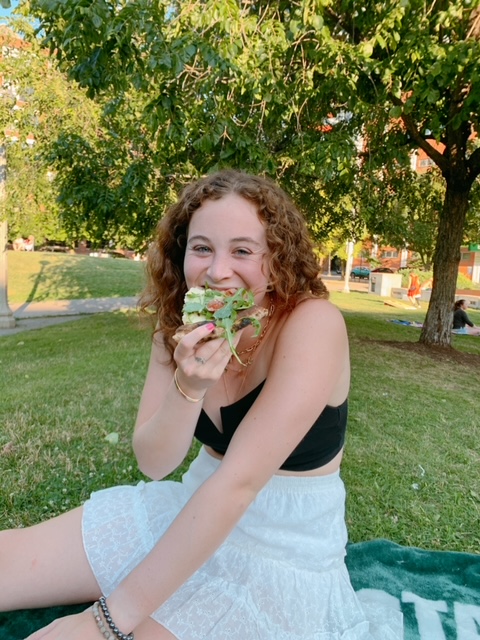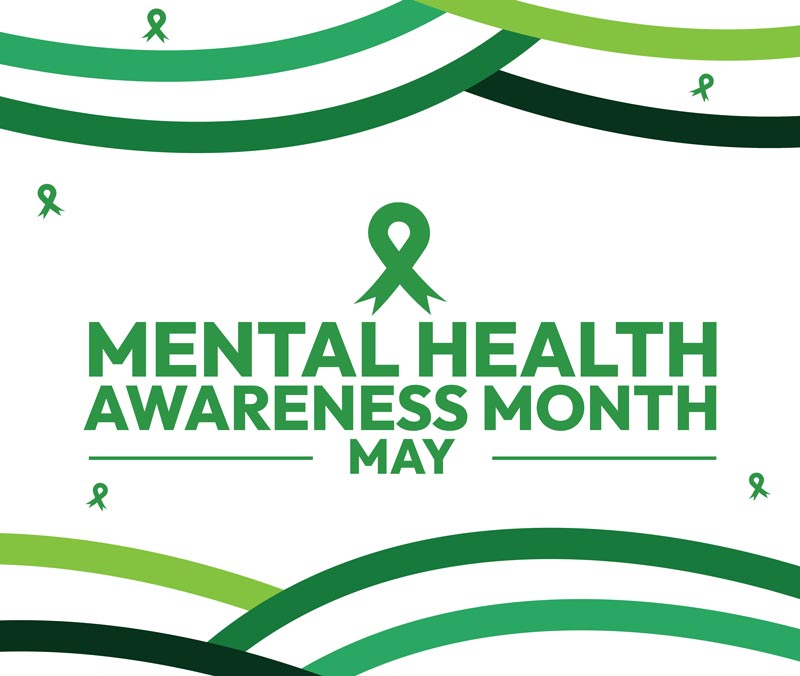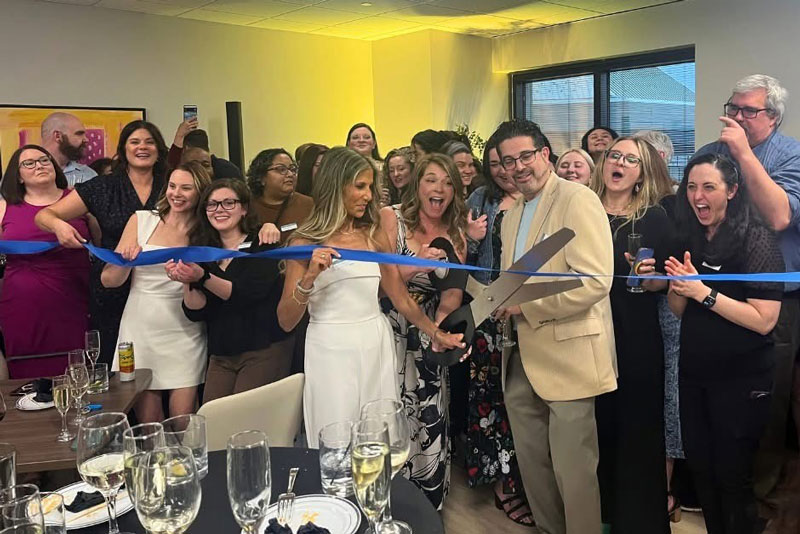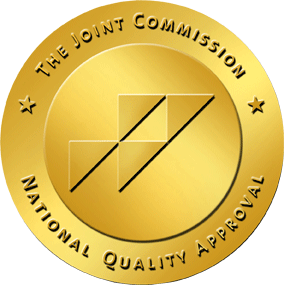Using the Pandemic to Work on Myself
It’s March of 2020. I have just been sent home from college thinking that I would only be home for 2 weeks. Suddenly, the whole world is turned upside down. COVID-19 is rapidly spreading and Illinois puts everyone on lockdown. Like many others, I wanted to fill that extra time of being stuck at home with a new hobby.
That new hobby became cooking and baking. Eventually I decided it would be fun to start an Instagram page where I could share all of my recipes. I found a community of people that were all sharing very similar content, and quickly realized how influenced I was to be eating and exercising the same way others were online.
Wanting to Recover from an Eating Disorder
I had struggled for 4 years at that point with disordered eating habits and overexercising. I had periods of weight loss, weight gain, and yo-yo dieted throughout those 4 years. In May of 2020, I decided that I no longer wanted to live my life with the goal of constantly shrinking my body. I knew it wasn’t going to be sustainable, and I knew I wasn’t happy.
I decided to switch up my recipe posting with a post about my relationship with food. I wanted to be vulnerable and open up about my struggles in the past and how I wanted to fully embrace recovery. I had never been formally diagnosed with an ED, but I knew that there was a lot of work I needed to do. I got a huge amount of support in the comments related to that post, and I realized how needed it was to share my story.
How I Started Recovering from an Eating Disorder
I took it upon myself to unfollow any diet culture related creators and only follow professionals who were posting content related to food freedom, body acceptance, and intuitive eating. This is where I discovered a new online community of anti-diet culture creators who became my inspiration and supported me throughout my recovery.
It is through Instagram that I started sharing how I was going to tackle my recovery, the struggles I was facing, and the ways I was progressing. I had to keep in mind that my progress wasn’t going to be linear and that going “backwards” could potentially lead to further progression in the future.
I started gaining a following that became my “hype people” and made me feel like I was less alone in all of this. I would talk on my stories and be as authentic as I possibly could. I didn’t try to glamorize the process or make it look like it was easy. But it genuinely became easier the stronger my community of online friends became.
Social Media is NOT a Replacement for Therapy
It’s now been almost 3 years since I began this journey, and I can confidently say that without my Instagram page documenting all of this that I would not be where I am today. However, it’s important to keep in mind that social media is by no means a replacement for therapy and there are definitely ways that it can be toxic to the mind, but there is a way to curate your pages to be beneficial to you.
Here are some tips for ways I curated my social media feed to benefit me:
- Unfollowed accounts that made me feel “less than”, made me feel bad about my body, accounts that didn’t match my positive & authentic vibe, and accounts that triggered any of my old disordered habits (like seeing what I eat in a day videos, etc).
- Followed accounts of licensed therapists and registered dietitians who specialized in Health at Every Size, intuitive eating, and were eating disorder specialists.
- Followed accounts similar to mine that were mindful of an audience filled with people that had all different types of eating disorders/disordered habits. Included gentle wording, empowering information, and didn’t only show the “positives” to recovery.
- I just have to continuously keep in mind that these types of platforms are not individualized to me as a person so what might work for one person may not necessarily work for me.
- Went into my settings on Instagram, clicked on “Ad topics”, clicked on any ads I didn’t have interest in, and chose “show less ads about this topic”. If someone I’m following is a friend, but they’re triggering me then I usually “mute” them on Instagram. This means that their content doesn’t appear on my feed, but they will not know that and I’m still considered a follower.
- On Tik Tok, anytime I see a video that is triggering or not suitable to what I’m trying to work on, then I click the bottom right arrow and click on “Not interested” (it has a broken heart next to “report”).
- Continue to monitor everything I’m consuming by making sure it aligns with everything I’m striving for and wanting to accomplish. I usually go through random bursts of “unfollowing sprees” to ensure everyone I’m following is making me happy.
This is something that you can do and alter to fit your needs and wants. This is my personal experience, and I hope it gives some insight into how social media can be supportive in your life goals and dreams.




